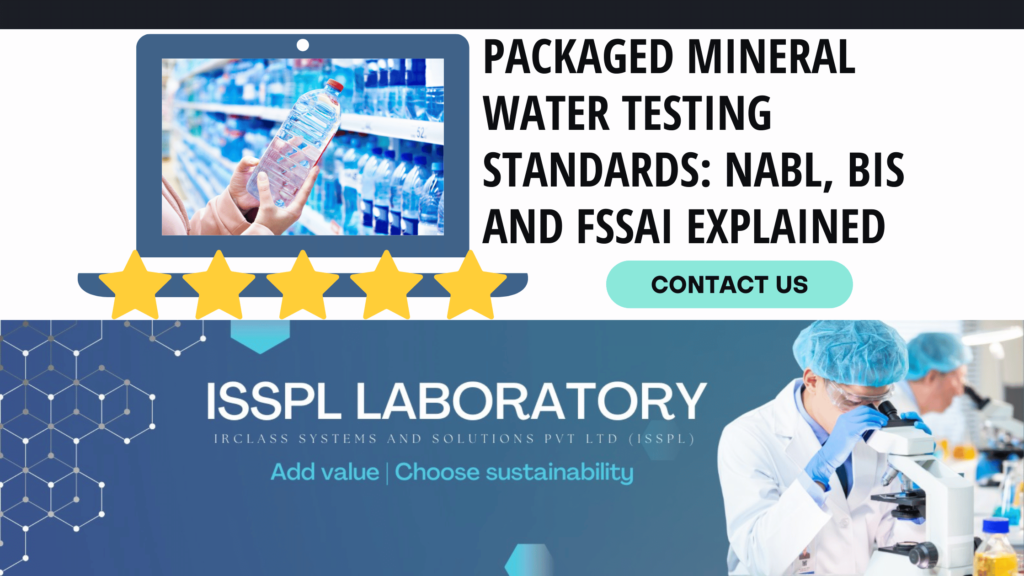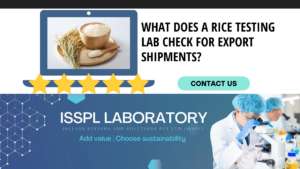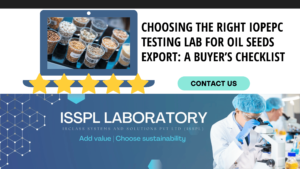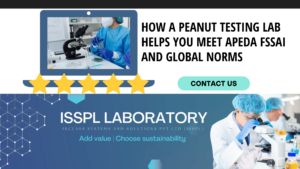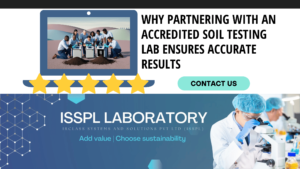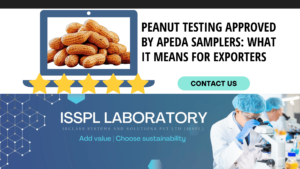An Overview by Team ISSPL - Analytical Testing Laboratory in India
TogglePackaged mineral water is one of the most consumed products in India today. It is convenient, accessible, and millions of people consider it safe. However, how can we be sure that the water in that capped bottle is actually safe to drink? The answer lies in a network of high testing standards and regulatory bodies that govern how packaged water is treated, tested and approved.
The Rationale of Regulating Packaged Water
Water may look clean, but it may have harmful contaminants like bacteria, heavy metals, and chemicals. This requires testing and control. Unhealthy drinking water can lead to serious health issues. That is why India possesses several agencies which are engaged in the creation of standards and their checking. These are NABL, BIS and FSSAI. They all play different but complementary roles in the process.
The NABL Role in Water Testing
The National Accreditation Board for Testing and Calibration Laboratories (NABL) is the organization that makes sure that the testing labs in India are of international standards. A lab that tests packaged drinking water should be NABL-accredited. This means that the lab is highly demanding in accuracy, equipment, quality control and reporting.
NABL accreditation is not a quality label. It is often required that labs that want to test food and water products do so on official grounds. Without it, the regulatory bodies like FSSAI do not accept the test results. NABL is a part of the Quality Council of India and aligns its systems with international standards such as ISO/IEC 17025.
BIS and Its Role in Standardising Water Quality
In India, the Bureau of Indian Standards (BIS) has the mandate of developing and implementing quality standards of a broad variety of products including packaged drinking water. IS 14543 is issued by BIS on packaged drinking water and IS 13428 on packaged natural mineral water. They are the compulsory certifications of the companies selling bottled water in India.
BIS standards define acceptable ranges in packaged water in regard to chemical, physical and microbiological properties. They also contain regulations on hygiene, packaging, bottling and labelling. To sell its water products legally, companies have to acquire a BIS certification. In its absence, they will not be able to work in the market. BIS inspection and testing are done to ensure that bottled water meets national safety standards and is safe to be consumed by the consumers.
FSSAI: The Backbone of Domestic Safety Standards
FSSAI, or the Food Safety and Standards Authority of India, is the main regulatory body for all food and beverage products in the country. For packaged drinking water, FSSAI has set very clear guidelines that include both chemical and microbiological standards.
FSSAI requires all water bottling plants to have a license. It also stipulates that packaged water must be devoid of E. coli, fecal coliforms, and other pathogens. The content of heavy metals like lead, arsenic and mercury is also strictly restricted. Brands that fail to meet these standards can be suspended or permanently banned.
Mandatory Testing Parameters for Packaged Water
When a water sample is taken to the laboratory, numerous parameters are checked. These are pH value, total dissolved solids (TDS), turbidity, fluoride, pesticide residues and presence of microbes. The testing procedure should be reproducible, traceable, and documented.
The following are some of the critical tests which are compulsory:
- Chemical testing – testing pH, nitrates, metals
- Microbiological testing –a search of bacteria and viruses
- Radiological tests-radioactive contamination examination
- Toxicity tests – the finding of harmful organic materials
- Safety in packaging – checking the compatibility of materials and sealing
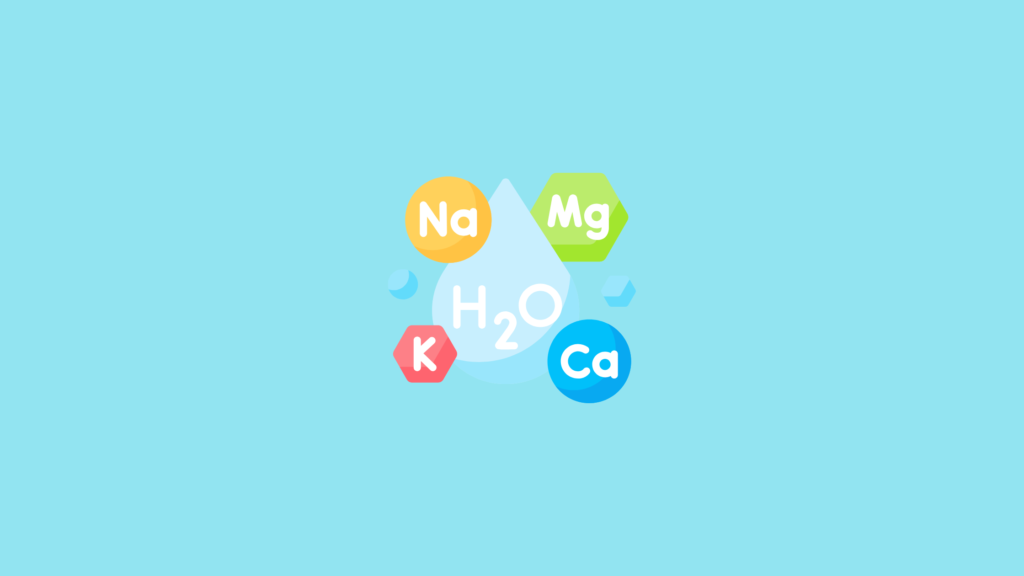
Global Norms and Alignment
The Indian testing standards are more likely to be in line with the international standards, including the ones set by WHO, US FDA and EU Food Safety Authority. The fact that the testing labs of the companies that are targeting the global markets must be dual compliant is important. NABL accredited labs are more likely to adhere to international standards to meet the demands of India and the rest of the world.
FSSAI also cooperates with foreign organizations to update its standards. This convergence helps the Indian brands to expand their market in the global market without compromising on safety.
Technology in Testing and Compliance
Testing no longer involves a sample and waiting to receive results. In the contemporary world, labs use automated systems, data tracking software, and AI-based tools to increase accuracy. Digital solutions make reports faster, more detailed and in most cases, they are integrated with government databases.
Technology can also be applied in real time monitoring of water quality, especially in large-scale operations. Intelligent sensors have also been introduced in other bottling plants to check quality indicators as water undergoes different purification procedures. This does not only reduce mistakes but also helps to detect any potential issue early.
Implementation Challenges
Despite the obvious standards, enforcement can be inconsistent. Small-scale bottlers who lack the right licenses also exist. Others may test their water once and think that they are safe forever. In fact, regular testing is necessary. The water sources are different, the possibility of contamination is higher, and the quality can be worse without the regular checks.
FSSAI has increased the rate of inspection but there are thousands of bottlers in the country and it is a hard task. Consumers ought to demand proper labeling and verify FSSAI license numbers before buying. Unverified brands are hazardous.
Significance of Certification and Transparency
Bottled water is a trust business. Such information as batch number, manufacturing date, expiry, license number and source of water should be well labeled. When companies are open about the testing process, they earn more consumer trust.
It is credible because it is BIS certified for domestic sales and tested by a NABL accredited lab. These certifications are used to show that the company is not just meeting the minimum requirement but it is also aiming at high standards.
Digital Transformation and Compliance Readiness
The digital tools are changing the way water is tested and reported. Testing records are now stored in the cloud-based systems, which are easy to access and audit. Bottles can have QR codes that direct to digital test reports. Such reforms make the industry more transparent and consumer confidence is established.
This change is also making companies audit-ready. Inspections are facilitated and quicker with a centralized documentation system. It is no longer a last minute rush to comply but a daily activity.
Moving Toward a Safer Bottled Water Ecosystem
The Indian bottled water market is growing fast. With this growth, the demand for safer, high-quality water is also rising. Meeting FSSAI standards is no longer enough. Companies must also consider consumer expectations, global export needs, and environmental impact.
A high level of safety net is provided by standardized testing, verified labs, and transparent reporting. The consumers get to enjoy improved quality and the companies get to enjoy increased trust and wider market access.
Conclusion
Packaged water is not a commodity. It is a health and safety pledge. The functions of NABL, BIS, and FSSAI give a clue on how this commitment is maintained. It is either lab testing or domestic compliance, but each step is important.
ISSPL assists companies that value quality and transparency. Their system integration and digital transformation experience is assisting companies to be compliant and audit-ready. ISSPL is playing its role in making the packaged water industry safer and more responsible with its strong technology and dependable solutions.
